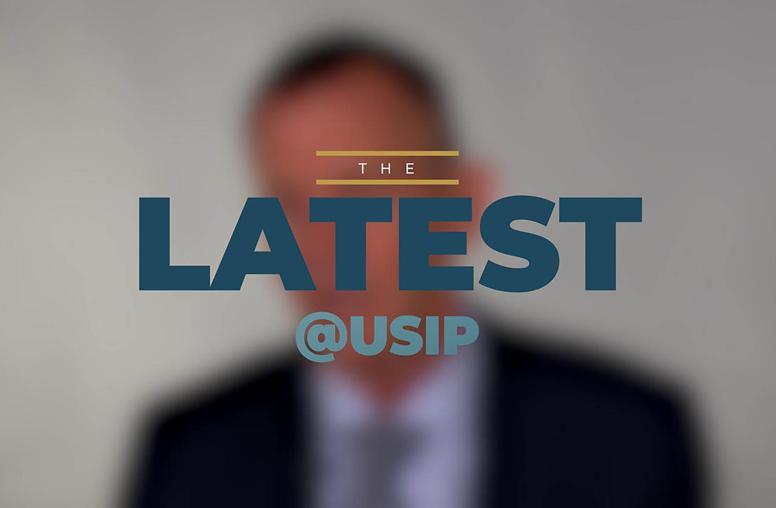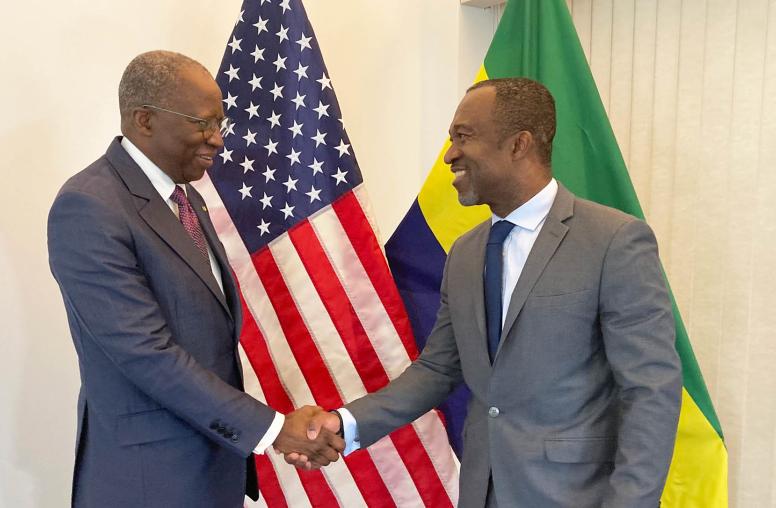Safeguarding Democracy in West Africa
Transforming Peaceful Protests into Platforms for Democratic Change
From the #ENDSARS movement in Nigeria to the Front National Pour La Defense De La Constitution campaign in Guinea, sweeping protest movements have emerged in West Africa over the last year, galvanizing large constituencies to voice their deep grievances with governments. Yet, movements have struggled to translate their protest demands into democratic gains. These increasingly diverse youth-led movements have the potential to be a powerful force for democratic change, or even to redefine democracy itself, if they can develop sustainable platforms for reform.
English
French
Over the last two decades, West Africa has led Africa’s transition towards democracy. However, in the wake of recent coups in Mali and Guinea and a near miss in Niger, there is a growing sentiment in the region that democracy is not delivering on popular hopes for a better future. The economic impact of the COVID-19 pandemic has further amplified this discontent, especially among young people whose frustrations are evident in a growing wave of youth-led protests across the region.
Youth-led protests are not new in West Africa. However, understanding what is driving the recent upsurge, and how this newfound youth agency and innovation can be engaged, would serve to strengthen democratic and peacebuilding processes across the region.
On December 7, USIP and the National Endowment for Democracy held a virtual discussion on safeguarding democracy in West Africa through youth-led movements. Youth activists from Nigeria, Togo and Guinea shared their thoughts on the frustrations driving protests and new models for democratic activism. Join the conversation on Twitter with #WestAfricaDemocracy.
Speakers
DJ Switch (Obianuju Catherine Udeh)
Award-Winning Nigerian Musician and Activist; Reagan-Fascell Democracy Fellow, National Endowment for Democracy
Senami Kojah
Award-Winning Nigerian Investigative Journalist; Reagan-Fascell Democracy Fellow, National Endowment for Democracy
Farida Nabourema
Togolese Human Rights Activist and Writer; Jennings Randolph Senior Research Fellow, U.S. Institute of Peace
Ibrahima Diallo
Coordinator, Tournons La Page-Guinea; Head of Operations for the National Front for the Defense of the Guinean Constitution
Jonathan Pinckney
Senior Researcher, Nonviolent Action, U.S. Institute of Peace
Zachariah Mampilly
Marxe Endowed Chair of International Affairs, Marxe School of Public and International Affairs, CUNY
Oge Onubogu, moderator
Director, West Africa Programs, U.S. Institute of Peace



